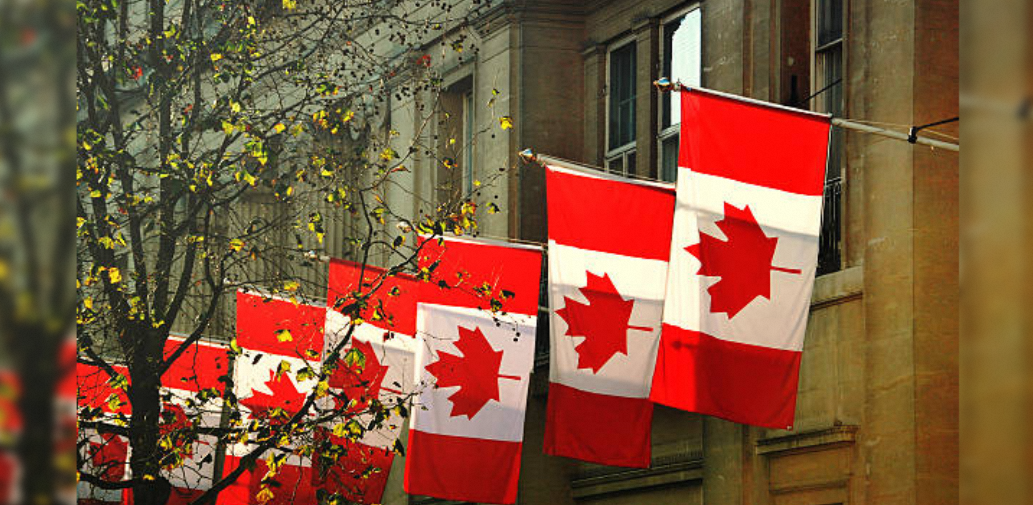
Canada to Recognize Palestinian State at UN in September
OTTAWA, Canada—In a significant policy shift that has sparked international attention and controversy, Canadian Prime Minister Mark Carney announced that Canada plans to recognize a Palestinian state at the United Nations General Assembly in September 2025. This decision, which aligns Canada with France and the United Kingdom, aims to bolster the prospects of a two-state solution to the long-standing Israeli-Palestinian conflict.
The Call for a Two-State Solution
Prime Minister Carney emphasized the necessity of this move to preserve the hopes of achieving a two-state solution, a goal that has been central to Canada’s foreign policy for decades. “The two-state solution is being eroded before our eyes,” Carney stated, highlighting the urgency of international efforts to support peace in the Middle East. According to Carney, recognizing Palestine is a step towards addressing the suffering of civilians in Gaza and ensuring a viable path to peace in the region.
International Reactions and Criticism
Israel has criticized Canada’s announcement as part of a “distorted campaign of international pressure.” The Israeli embassy in Ottawa expressed its disapproval, arguing that recognizing a Palestinian state without ensuring accountable governance and functional institutions could inadvertently legitimize groups like Hamas. Nevertheless, Carney affirmed Canada’s position, noting that any change in this stance is conceivable, albeit unlikely.
Preconditions for Recognition
The Canadian government’s intention to recognize Palestine is contingent upon the Palestinian Authority’s commitment to implementing critical reforms. Carney underscored the importance of President Mahmoud Abbas’s pledge to hold general elections in 2026 from which Hamas would be excluded, and to demilitarize the future Palestinian state. These conditions are seen as essential to fostering a stable and peaceful environment conducive to a two-state solution.
Aligning with International Allies
With this announcement, Canada joins France and the United Kingdom in a coordinated effort to recognize Palestinian statehood. French President Emmanuel Macron has committed to formal recognition at the UN meeting, making France the most powerful European nation to take such a stance. The UK, under Prime Minister Keir Starmer, has also indicated its intention to recognize Palestine, provided Israel does not undertake substantial peace-promoting actions.
The Role of the Palestinian Authority
The Palestinian Authority, led by President Abbas, has welcomed Canada’s decision as a “historic” development. This move signals international acknowledgment of Palestinian aspirations for sovereignty and statehood. The collaboration between Canada and France to revive peace prospects in the region further underscores the international community’s commitment to resolving the Israeli-Palestinian conflict through diplomatic means.
Challenges to the Peace Process
Carney pointed out that the expansion of Israeli settlements in the occupied West Bank and east Jerusalem has been a significant impediment to the peace process. The possibility of Israel annexing the West Bank, along with its failure to address humanitarian concerns in Gaza, has only widened the gap between the two nations. Carney’s decision is framed as an effort to safeguard Israel’s future security while ensuring the establishment of a stable Palestinian state.
Towards a Lasting Peace
Prime Minister Carney‘s announcement serves as a clarion call for renewed international efforts to achieve a lasting peace between Israel and Palestine. He emphasized that a sustainable peace for Israel requires the establishment of a viable Palestinian state that acknowledges Israel’s right to security and peace. By taking this bold diplomatic step, Canada is positioning itself as a proactive player in the quest for peace in the Middle East.







